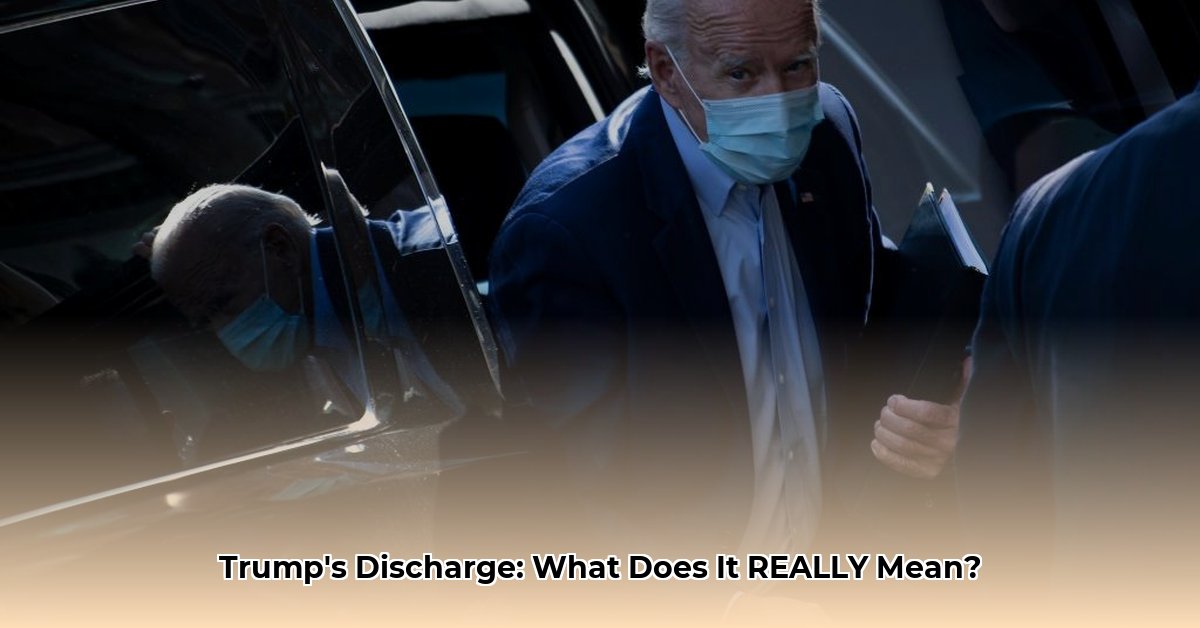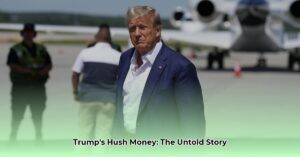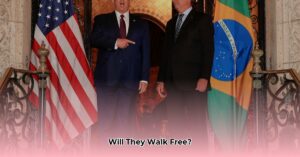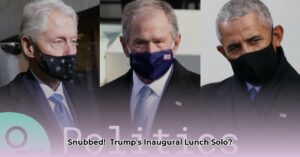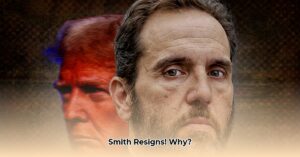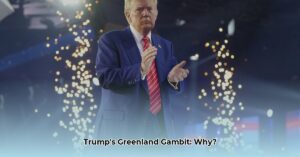Understanding Trump’s Unconditional Discharge
The term “unconditional discharge,” used in Donald Trump’s business records case, often confuses those unfamiliar with legal jargon. This article provides a clear explanation of the term, its implications for the former president, and the rationale behind the judge’s decision.
What is an Unconditional Discharge?
In legal terms, an unconditional discharge means a defendant is found guilty but receives no further punishment. This means no jail time, fines, or probation. However, the conviction remains permanently on their record. Essentially, it’s a guilty verdict without the typical consequences.
In Trump’s case, this meant he was convicted on January 10, 2025, of 34 felony counts of falsifying business records, yet faced no additional penalties. Judge Juan Merchan stated this was the only legal sentence that wouldn’t interfere with a potential future presidential run. Legal experts, including former federal prosecutor Barbara McQuade, have noted the rarity of this sentence, particularly for felony convictions. This unusual decision raises questions about the intersection of law and politics and the potential implications for future cases.
Why Did Trump Receive an Unconditional Discharge?
Judge Merchan’s reasoning was unique, citing the unprecedented scenario of a convicted felon potentially running for and winning the presidency. He argued that imposing a harsher sentence could be perceived as interfering with the electoral process. This decision raises questions about the balance between legal accountability and the potential impact on political processes. Some legal scholars, like Sarah Krissoff, a former federal prosecutor, suggest that this decision could set a concerning precedent, potentially shielding powerful individuals from the consequences of their actions.
Potential Implications and Legal Challenges
The long-term implications of Trump’s unconditional discharge are still unfolding. While he avoids traditional penalties, the felony convictions remain on his record. This raises questions about his eligibility for future political office. Some constitutional scholars argue that a felony conviction alone does not bar someone from running for president, while others believe that the seriousness of these particular felonies could lead to legal challenges. The appeals process and any subsequent legal battles will likely shape the political and legal landscape in the coming years. Jill Konviser, a former Manhattan prosecutor, suggests the discharge itself might become a point of contention in future legal proceedings.
Comparison to Other Possible Outcomes
Typical sentences for falsifying business records can include jail time, substantial fines, or probation. Trump’s outcome resembles sentences more common in minor misdemeanor cases, highlighting the unusual nature of this decision. Legal experts like Jeremy Saland and Henry Pontell have weighed in, emphasizing the rarity of this type of sentencing in felony cases and raising concerns about the potential long-term impacts on the justice system.
The Importance of Falsifying Business Records Laws
Falsifying business records is a serious offense in New York State. Accurate records are crucial for fair and transparent business practices. Tampering with these records undermines accountability and can have significant economic consequences. Trump’s case, while unique in its outcome, underscores the importance of these laws in maintaining the integrity of business operations.
Disclaimer: This information is for educational purposes only and should not be considered legal advice. Consult with a qualified legal professional for specific legal guidance.
Unpacking the Legal and Political Ramifications
Trump’s unconditional discharge raises a complex web of legal and political questions. This section analyzes the potential ramifications of this unprecedented decision.
A Convicted Felon Without Punishment
The most striking aspect of this case is the apparent contradiction: a convicted felon walking free without any direct punishment. While Trump avoids jail time, fines, or probation, the felony convictions remain a permanent part of his record. This raises questions about the nature of justice and accountability, particularly for individuals in positions of power.
The Constitutional Question: Can a Convicted Felon Be President?
The Constitution does not explicitly prohibit a convicted felon from holding the presidency. This ambiguity creates uncertainty about Trump’s political future and the potential for future legal challenges. Some experts suggest that further legal interpretation may be necessary to determine the full impact of these convictions on his eligibility for public office.
Setting a Precedent: A Slippery Slope?
Some legal scholars worry that Trump’s case could set a dangerous precedent, suggesting that powerful individuals may receive different treatment under the law. This raises concerns about equal justice and the potential erosion of public trust in the judicial system. Others argue that the unique circumstances of this case limit its applicability as a precedent.
Public Perception and the Rule of Law
This case has ignited public debate about fairness, accountability, and the intersection of law and politics. Some believe that the outcome undermines the rule of law, while others see it as a pragmatic solution to a complex constitutional dilemma. The ongoing discussion reflects the broader societal concerns about the integrity of our legal and political systems.
Expert Opinions and Future Uncertainties
This section explores the perspectives of legal experts and analyzes the potential long-term consequences of Trump’s unconditional discharge.
Legal Experts Weigh In
Legal scholars and practitioners have offered a range of opinions on the implications of this unusual sentence. Some, like Barbara McQuade, emphasize the rarity of an unconditional discharge in felony cases, while others, such as Sarah Krissoff, raise concerns about the potential for unequal application of the law. The diversity of opinions highlights the complexity of this case and the need for ongoing legal analysis.
A Pandora’s Box of Legal Questions
Trump’s case has opened a Pandora’s Box of legal questions that will likely be debated for years to come. The potential for future legal challenges, the impact on future sentencing decisions, and the broader implications for the relationship between law and politics are all areas of ongoing discussion and research. The answers to these questions will likely shape the legal landscape for years to come.
The Political Fallout
The political ramifications of Trump’s conviction and subsequent discharge are still unfolding. This event could influence public opinion, impact his future political aspirations, and potentially even affect the outcomes of future elections. The full extent of the political fallout remains uncertain and will depend on a variety of factors, including public reaction and any further legal developments.
Ongoing Research and Evolving Conclusions
Legal scholars and political scientists are actively studying this case and its potential implications. Ongoing research may provide further insights into the long-term consequences of this unprecedented legal outcome. This is an evolving situation, and our understanding of its full impact may change as new information emerges and legal interpretations evolve. It’s crucial to recognize the limits of current knowledge and to approach this topic with a nuanced understanding of its complexities.

